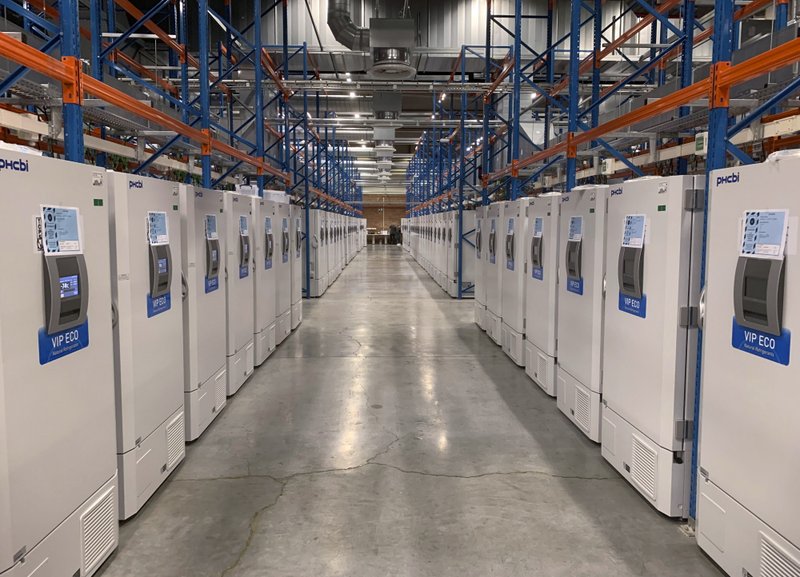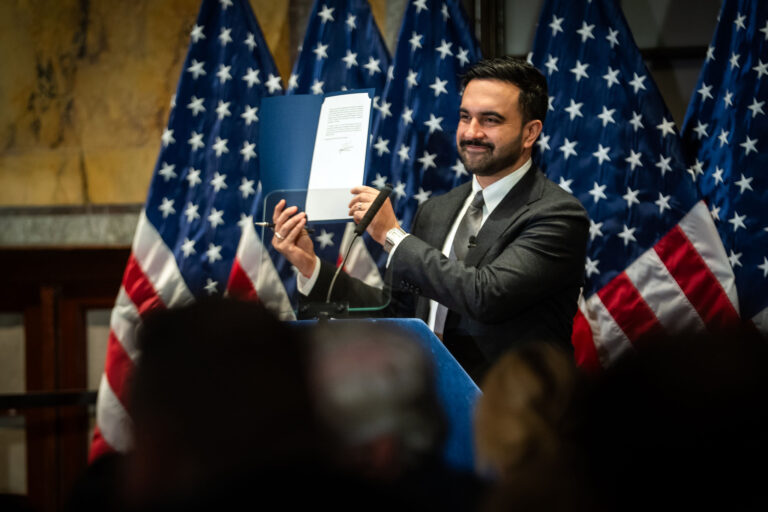One of the scientists behind the experimental coronavirus vaccine developed by BioNTech and Pfizer said Sunday that he was confident that it could halve the transmission of the virus, resulting in a “dramatic” curb of the virus’ spread.
Professor Ugur Sahin, chief executive of Germany’s BioNTech, said it was “absolutely essential” to have a high vaccination rate before next autumn to ensure a return to normal life next winter.
“If everything continues to go well, we will start to deliver the vaccine end of this year, beginning next year,” Sahin said. “Our goal is to deliver more than 300 million of vaccine doses until April next year, which could allow us to already start to make an impact.”
“I’m very confident that transmission between people will be reduced by such a highly effective vaccine — maybe not 90% but maybe 50%,” he said.
Pfizer and BioNTech said last week that interim results showed the vaccine was 90% effective in preventing people from getting ill from COVID-19, though they don’t yet have enough information on safety and manufacturing quality.
“What is absolutely essential is that we get a high vaccination rate before autumn/winter next year, so that means all the immunization, vaccination approaches must be accomplished before next autumn,” Sahin said.
The vaccine’s developers looked at 94 infections recorded so far in a study that has enrolled nearly 44,000 people in the U.S. and five other countries.
(AP)











